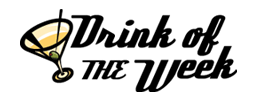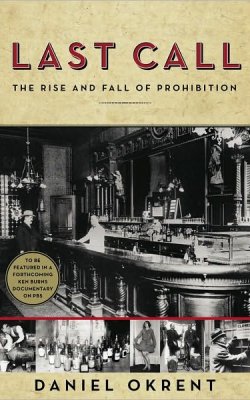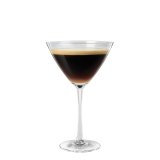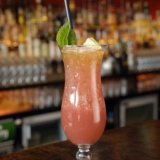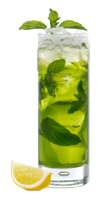January 17th marks the infamous day that Prohibition went into effect. Depending on your politics, it was either a day of mourning or great joy. As the “Noble Experiment” went into effect, across the country, rivers ran red in wine country, breweries were emptied and casks of spirit disappeared. Thinking of it even now makes me want to weep tears of sorrow. Given the mission statement of DOTW, you clearly know my politics.
Looking back over ninety years, we see what actually happened that day – the fire-sale of bottles of wine, beer and spirits the day before, the running of booze that literally started at 12:01 on that day and the confiscation and destruction of the alcohol discovered on that fateful day. We can also see what happened after Prohibition – the virtual destruction of the American wine industry, the American spirit industry and the Irish Whiskey industry (all of which are making comebacks but those comebacks too years), the rise of the three tier distribution system after Prohibition, the obliteration of the bartending profession (which is just beginning it’s renaissance), the export of the American cocktail abroad and the inclusion of women in drinking establishments. But, what is missing, what we don’t remember is the political climate, the fighting, the backlash against immigration, the transition to a country dominated by urban areas and the extreme hypocrisy that all contributed to the rise of Prohibition.
To experience the years leading to Prohibition, the history of the temperance movement and the political climate that produced the 18th Amendment, read the amazing book Last Call by Daniel Okrent.
Last Call is a well researched and fascinating look at how American could embrace Prohibition. After all, America was a country that was “founded on freedom”, had its first real internal conflict as a result of the taxation on Whisky (the Whisky Rebellion) and was so soaked in alcohol that almost every writer commenting on early American life was compelled to comment on the nation’s consumption of alcohol. How could such a country in a relative blip in time embrace almost total temperance (there were some limited exceptions in the Volstead Act)?
If you have ever wondered why Prohibition reigned supreme in the 1920’s but was eviscerated by the populace on a daily basis, the Last Call will take you into that world and explain how so many could talk “dry” but act “wet”. Additionally, Last Call explores what it was like to live in a world dominated by Prohibition and the societal changes wrought by Prohibition, including the rise and dominance of organized crime, the demise of the saloon and the rise of mixed sexes drinking establishments.
Interested in American history, it’s drinking culture and failed social experimentation? Then Last Call is for you.
